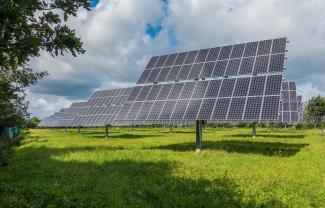The Year U.S. Financial Regulators Acknowledged Climate Change Risks

Disclosure law in the United States is on the cusp of change. Significant shifts in the information investors expect to see in disclosures and how they use it are redefining what “material” is and changing disclosure obligations for companies. Federal financial regulators are also incorporating climate change risks into their work, adding pressure to improve climate-related disclosures.








